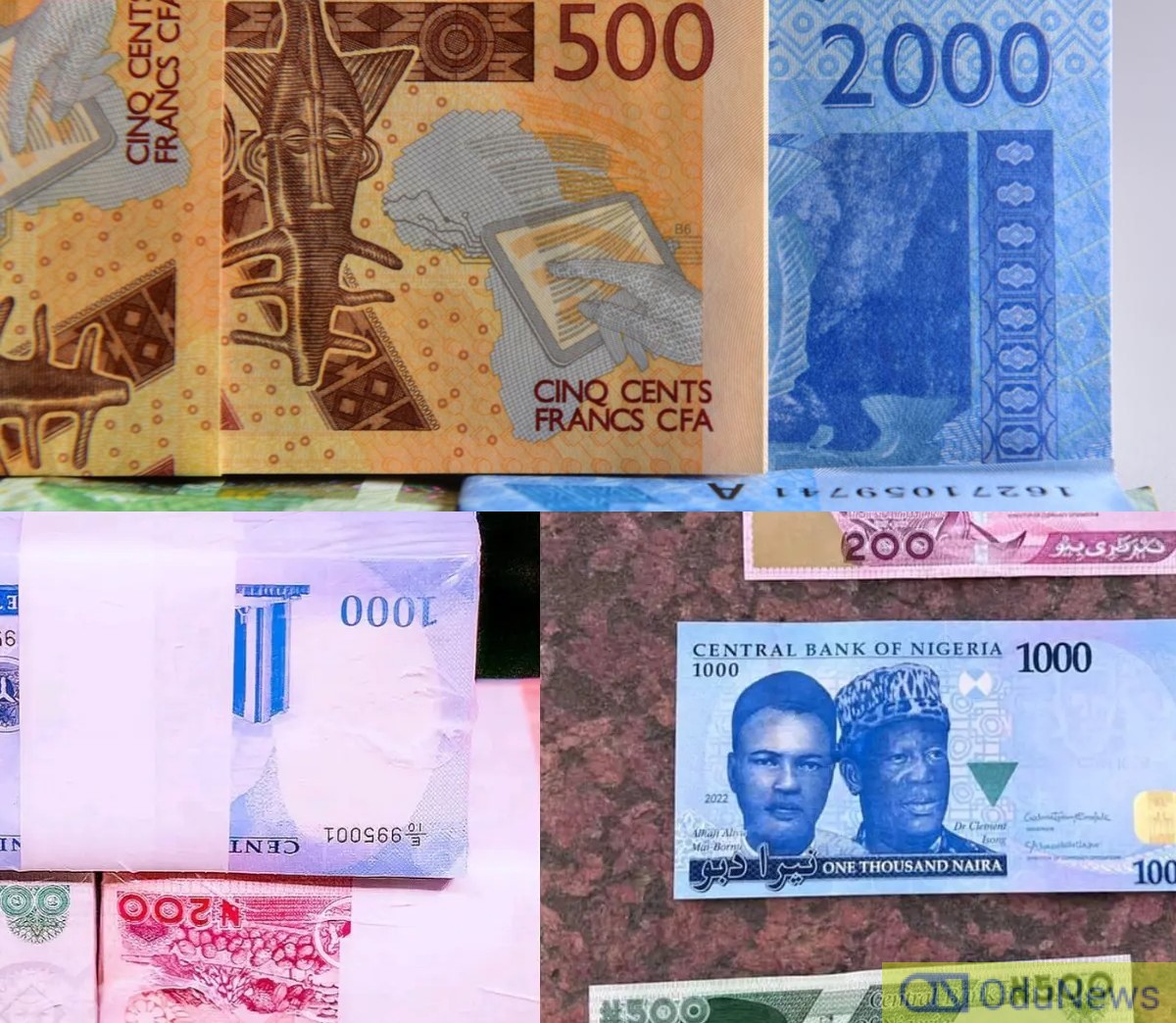A non-governmental organisation, International Crisis Group, has said that the recent naira scarcity may make Nigerians vulnerable to vote-buying.

The group, in a report published on Friday, titled “Mitigating Risks of Violence in Nigeria’s 2023 Elections”, highlighted the threats that could mar the February and March polls.
It said the lingering fuel scarcity may disrupt the distribution of election materials and hinder many voters from travelling to their polling units.
“Two further problems for the elections are the shortages of motor vehicle fuel in most parts of the country since late 2022 and the scarcity of cash following the federal government’s introduction of redesigned banknotes in December,” the report reads.
“If unresolved before the polls, fuel shortages could hamper INEC logistics and disenfranchise the many voters who need to travel to polling stations.
“The paucity of currency has already created significant hardship, which could make a greater number of voters
vulnerable to vote-buying and ratchet up election tensions even further.”
Over the past few weeks, Nigerians have been battling with the scarcity of new naira notes and petrol — a development that has led to queues at banking halls, automated teller machine (ATM) points and filling stations.
The development has also led to protests in some parts of the country
The report also mentioned that widespread insecurity across the country could mar the conduct of the polls.
It said insecurity could disrupt preparations of the electoral commission, limit campaigns, disenfranchise the displaced, and low voter turnout.
“In the north-east, two jihadist groups – Boko Haram and ISWAP, which threatened elections in 2015 and 2019 – remain active,” the crisis group said.
“The government’s counter-insurgency operations and internal rivalries have weakened both groups significantly, and more than 83,000 members and their families surrendered to the army between mid-2021 and late 2022.
“But the groups continue to pose a threat, especially in the eastern parts of Borno state – around Lake Chad and the Sambisa forest.
“Other parts of the north-east, especially in Adamawa and Taraba states, are also unsafe due to communal conflicts between predominantly Fulani herders and other ethnic groups.
“In the north-west and parts of the north-central zone, various armed groups have rendered many areas insecure.
“In the south-east, a zone that was generally safe in 2015 and 2019, security has deteriorated significantly, particularly in Anambra and Imo states.
“Starting in early 2021, armed groups have killed dozens of security personnel and razed many police stations, court buildings and jail houses, as well as INEC offices.
“Parts of the south-south zone are also insecure. The region is somewhat more stable since the Movement for the Emancipation of the Niger Delta insurgency ended in 2009 and the Niger Delta Avengers likewise stopped attacking petroleum industry facilities in 2016.
“Yet many areas still experience violence due to the activities of various armed gangs and cults (criminal confraternities) that have proliferated over the past decade.
“In the south-west, though to a lesser degree, cults similarly imperil the polls. Armed groups, such as these cult groups – along with ex-militants – in the Niger Delta and Lagos, may intimidate voters or otherwise disrupt the proceeding.”
In the report, the All Progressives Congress (APC), Peoples Democratic Party (PDP) and Labour Party were classified as leading political parties for the polls.
It said the inter-party tensions between the three leading parties and the stance of candidates and supporters to win the election at all costs could trigger violence.
“A second major threat to the elections is violence arising from inter-party tensions,” the report said.
“Some of the factors underlying the friction are not new. Since Nigeria’s return to civilian rule in 1999, many people have made huge amounts of money by winning elected office.
“Unsuccessful candidates sometimes take large financial losses. With the stakes extremely high, many rally supporters with the mindset of winning by all means.
“Several other factors are particularly troubling. First – perhaps more than in the past – all three main parties are bent on victory, albeit each for its own reasons.
“The sense of desperation pervading the camps of all three front runners is a source of rising tension among them and concern about how the losing parties’ candidates and supporters may react to defeat.
“For the two big parties, the determination not to lose is particularly acute. The governing APC, a coalition that wrested power from the PDP in l 2015, wants to retain the presidency for several reasons, including the fear that if it loses control of the top office, the party could disintegrate.
“The PDP, out in the cold for the past eight years, sees the end of President Buhari’s faltering administration as its best opportunity to recapture the centre.
“Losing a third presidential election in a row could also have deleterious effects on its future.”

Submit press release, news tips to us: tips@odunews.com | Follow us @ODUNewsNG
